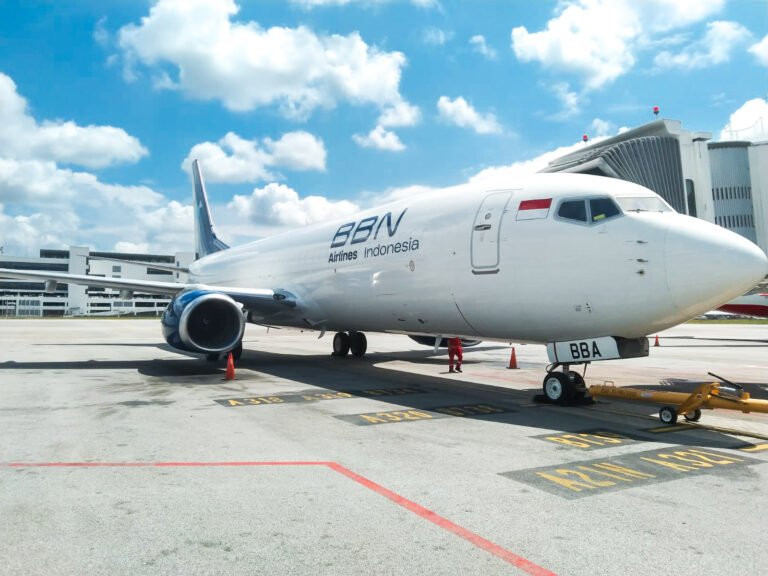As passenger flights have started to return to pre-pandemic levels, there has been a shift in the cargo market, with a growing split between freighter and belly cargo.
While belly cargo is covering a large portion of the market, there remains a substantial demand for dedicated freighters. This is particularly evident in regions like Vietnam, Hong Kong, the Philippines, and Indonesia. China remains a key area of interest. Although its economy is still recovering and has not yet fully returned to pre-pandemic levels, this presents substantial opportunities for growth and development in the market.
“BBN Airlines Indonesia initially focused on cargo as our primary product, particularly due to the surge in demand during and after the pandemic,” Martynas Grigas, Chairman of BBN Airlines Indonesia, stated.
“The cargo market has been expanding rapidly, and we’ve seen significant growth, especially as we began operations in Asia. The general cargo market in Asia is vast and continues to grow, driven by seasonal trends like increased demand during Black Friday and the holiday season. “Our ACMI (Aircraft, Crew, Maintenance, and Insurance) business model is well-suited to this seasonal demand, allowing us to manage costs effectively during slower periods. We’ve found opportunities by targeting specific needs during peak seasons and by working with major airlines across Asia to provide ACMI solutions.
“Despite the current challenges, including a low number of available aircraft and rising dry lease prices, we believe that BBN Airlines is positioned advantageously. Our timing is favourable, and our business is well-placed to capitalise on these trends and opportunities in the cargo sector. “We are optimistic about the future and are considering expanding our fleet to meet this growing demand.”
Multi-tiered model
Within its ACMI business, BBN works with airlines globally, including those in Southeast Asia, other parts of Asia, and beyond. The ACMI business operates differently from their direct cargo operations. ACMI is a B2B model where the company provides aircraft capacity to airlines, which then use it as they see fit. This can include flying into cargo-heavy routes or not. Similarly, cargo customers from other airlines often choose routes based on where passenger flights are unavailable. This results in a high demand for dedicated freighter services which passenger flights do not reach. In regions like Indonesia, for example, narrow-body cargo freighters are in high demand. They are crucial for distributing goods across the country, starting from Jakarta and reaching other areas, especially where passenger flights are limited. The growth in the cargo business is mainly driven by wide-body aircraft and belly cargo, with narrow-body freighters serving more specific routes.
“I had several discussions recently about establishing new cargo routes, specifically between Vietnam, Korea, and Japan. These routes are part of ACMI requests, meaning other airlines are seeking our freighter capacity to cover destinations that their passenger aircraft do not service,” Grigas explained. “Demand tends to be seasonal, so we expect a decrease in volume around April and May. However, our services are currently in high demand, and we’re pleased to be well-positioned to meet this need without reducing our offerings.”
Opportunity abounds
Prices for aircraft capacity are influenced by demand and supply. Currently, the market for aircraft capacity is quite tight. To meet this, BBN Airlines Indonesia, through Avia Solutions Group has a well-diversified fleet that they can allocate based on seasonal demand. To adapt to these fluctuations, BBN Airlines Indonesia migrates its aircraft to regions where demand is stronger.
“This means that during the winter, we can increase our capacity in Asia and offer more aircraft to our customers there,” Grigas outlined. “Conversely, during peak demand periods in Asia and Europe, we can shift our aircraft to meet that demand. Essentially, our fleet supports both markets by adjusting to seasonal variations. “We aim to stay ahead of market trends rather than just following them. In Asia, we’re fortunate not to face the same level of uncertainty as in other regions. This allows us to plan our operations and fleet management with greater confidence, anticipating market developments and adjusting our strategies accordingly.”



